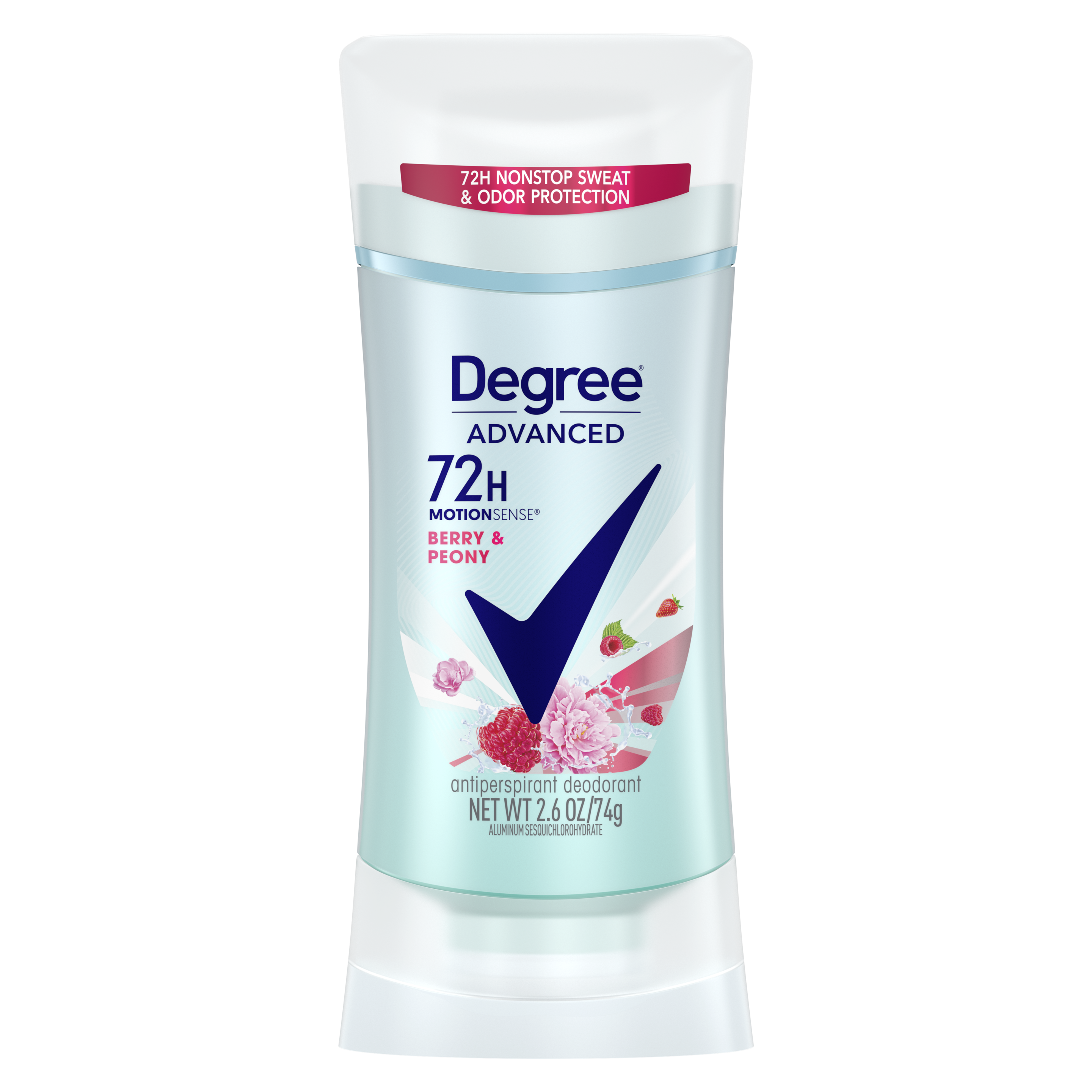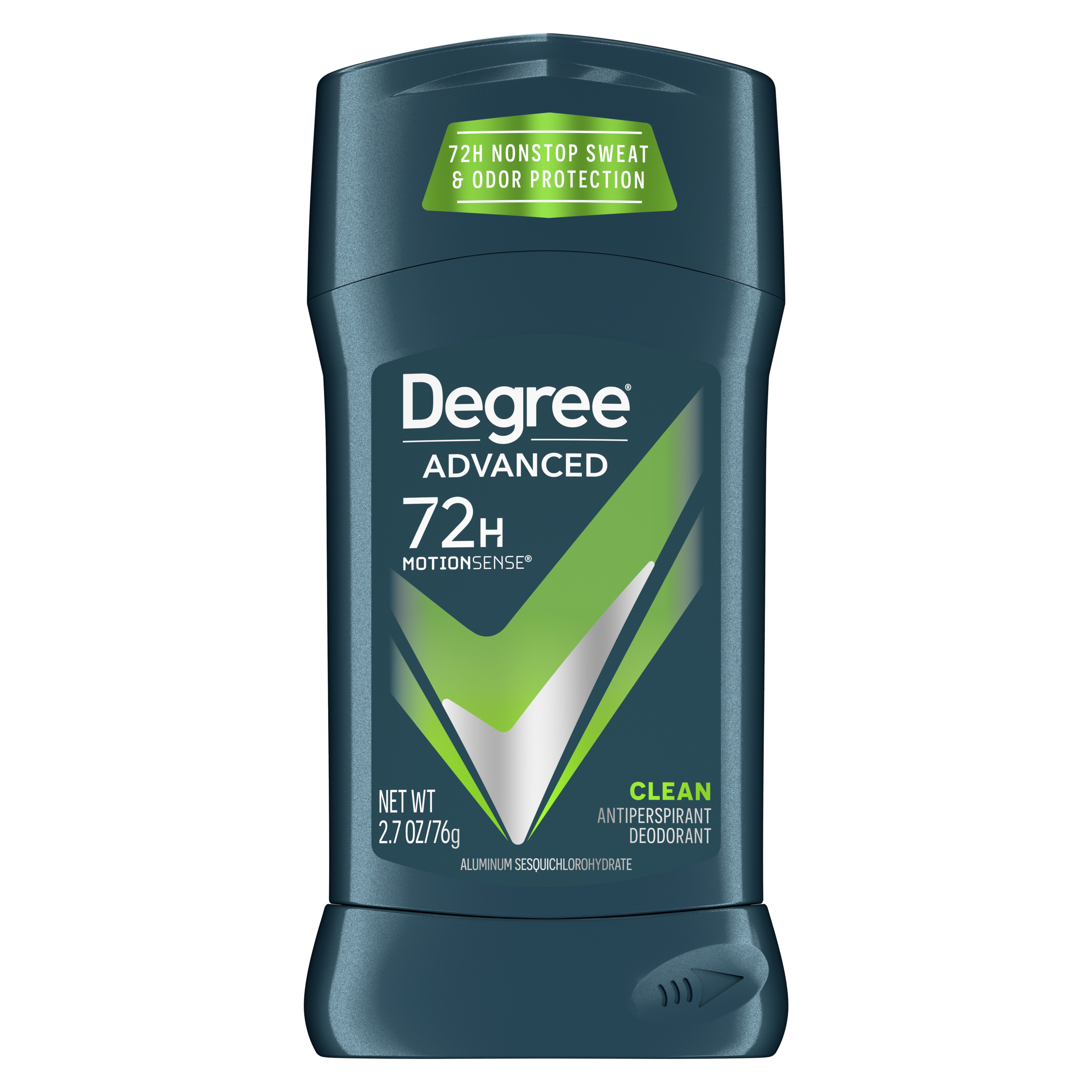Everything You Need To Know About Why Sweat Smells And How To Prevent Body Odor
Ever wondered why sweat smells? It's not the type of question that typically pops up in casual chit-chats with friends, but we’re here to help you understand why this happens. Read on to learn more about the intriguing science behind the not-so-glamorous side of sweating, get six reasons why your sweat smells and explore ways to prevent sweaty pits and body odor.
Why does sweat smell?
Sweat doesn't have a smell of its own.¹ Typically, it's a clear and odorless combination of water, salt, and fat.² And due to our individual differences, its precise makeup can vary based on gender, genetics, and diet.¹
Read an in-depth guide on the science of sweat here.
What is body odor?
Let’s talk about why we don’t always smell great when we sweat – it all boils down to bacteria.
When bacteria mingle with our sweat, especially in damp places like armpits, it causes body odor. And the type of bacteria that mingles with the sweat influences what your B.O. smells like.¹ This starts during puberty, when more sweat glands develop and hormonal changes typically happen.¹
Bacteria cause body odor by feasting on sweat, but they’re vital for our skin too. Good hygiene and a healthy lifestyle help balance them out.
Want to delve into the topic of body odor? Read our comprehensive guide.
6 REASONS YOUR SWEAT SMELLS STRONGER
Why has my sweat started smelling stronger? If you've been noticing a stronger scent in your sweat, these six factors might be contributing to this change.
1. Diet
The scent of our sweat can be influenced by the foods we eat. Everyday offenders such as garlic, onions, spicy foods, and specific spices might contribute to a more prominent body odor.⁴
2. Hormonal changes
Hormonal changes also play a role in the intensity of your sweat smell, puberty, menstrual cycles, pregnancy, and menopause all play a role in how you smell.⁴
3. Stress levels
The more stressed you are, the stronger your body odor may become. Study shows that when we’re under stress, cortisol (the stress hormone) activates sweat glands to produce sweat with more proteins and fatty acids.³
4. Medical conditions
Certain health conditions, like diabetes or thyroid issues, may influence the composition of your sweat and contribute to a stronger odor.⁴
5. Medications
If you’re taking certain medications, they can cause changes in body odor as a side effect. If you've recently started a new medication and noticed a change in sweat smell, discuss it with your healthcare provider.⁴
6. Hygiene practices
Poor hygiene habits, including infrequent showering, skipping underarm products, or the use of certain fabrics that trap odors, can result in body odor.⁴
Need some help to remove yellow stains from your clothes? Check this guide for top-notch tips for effectively getting rid of sweat stains. Take a proactive step to prevent both sweat stains and deodorant marks by trying out Degree's UltraClear range.
Your questions answered
1. Does your sweat smell bad when losing weight?
Sweat doesn't smell on its own—it's the mix with skin bacteria or factors like your diet that causes the odor. When you’re hitting the gym, the extra sweat, mingling with bacteria, brings a stronger scent, or if you’ve changed what you eat, it may also affect your B.O.
2. Why does my sweat smell so bad after working out?
The intensity of post-workout odor is a dynamic mix of factors. The bacteria on your skin, your diet, and overall health all take center stage. But don't forget synthetic fabrics, ventilation and your hygiene game also play key roles in the lingering aftermath of an energetic workout.

How to prevent smelly armpits
Are you tired of dealing with persistent underarm odor? Don't worry, we've got you covered. Here are three powerhouse strategies to try.
1. Prioritize hygiene
Revitalize your daily shower routine with antibacterial soap, focusing on your underarms as well as other areas that sweat a lot.⁴ Also, embrace post-workout cleanse for an extra burst of freshness and a confidence boost.
2. Antiperspirant or deodorant shield
Arm yourself with a top-notch underarm product – take your pick from Degree’s range of antiperspirants to tackle sweat and keep odor under control.
We recommend:
Underarm products with clinical protection have a maximum level of active ingredients to prevent excessive sweating. Degree's wide range of Clinical Protection Antiperspirant Deodorants are dermatologist-tested, provide prescription-strength wetness protection and come in a range of scents so you can embrace unstoppable freshness and stay confidently cool.
3. Choose clothing wisely
To ward off sweat smell, opt for breathable cotton or moisture-wicking fabrics to let your skin breathe freely and not trap any smells.⁴
Read more on how to banish armpit smell in this handy guide.
Simply put, sweat smell is a small part of being human—don't let it hold you back. Be your best, confident self with easy lifestyle tweaks, strong hygiene, and the right products. Stride through life confidently, leaving worries of unpleasant odors behind.
References:



